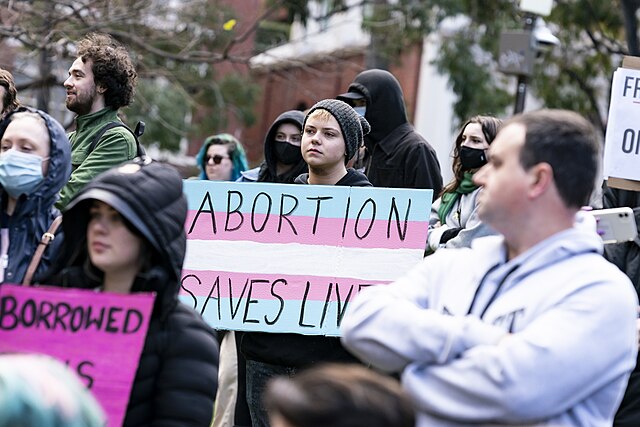The University of Maryland, Baltimore County police department hired John Schaible, the new Emergency Preparedness Director, to help prepare and organize UMBC in case of an emergency situation. It is what he has done for the past 12 years at the United States Department of Homeland Security. Prior to his career at DHS, he was a Security Forces Operations Officer in the United States Air Force for seven years.
Schaible started at UMBC on Feb. 3. Prior to that, Mike Pound, the Director of Environmental Safety & Health and UMBC Police Chief Paul Dillon oversaw the Incident Command System at UMBC. The ICS is a management system set up as an example to be implemented at different institutions and governments, which was developed by the Department of Homeland Security and the Federal Emergency Management Agency.
UMBC’s pandemic plan was put in place when the H1N1 or Swine Flu epidemic was rapidly spreading across the United States. Though few pandemics have hit UMBC’s campus, there is much talk about the Coronavirus, or COVID-19, affecting study abroad and international students at UMBC and across the nation. “[Here at UMBC], we started by putting a team together, about a month ago, to talk about what we are doing as a university,” said Dillon.
The group, made up of a variety of on-campus groups including the Provost’s Office, University Health Services, Chartwells, Student Affairs and others, meets on a weekly basis. “The group has met four times, just to make sure the communications have gone out correctly. We’re putting information in the correct places for our students, faculty [and] staff to access,” said Dillon. “A message went out on January 27th to the entire campus, on where we’re at as far as the global situation, as far as the university situation, as far as our students that are studying abroad.” A second message was sent out on Feb. 19.
Schaible’s job in emergency preparedness mainly focuses on organization in the face of disaster. “I’m making sure that the incident management team structure is in place to define all the key players’ roles and responsibilities not just for this incident, but for any other incident that might occur,” said Schaible.
Coronavirus has not hit anywhere in Maryland or even regionally; however, Dillon and Schaible ensured students that having an emergency plan in place in case campus needs to be shut down is a “good plan.”
“[The plan] was updated last year. It has to be updated annually. It will be updated as lessons learned occur, so everything we learn from doing this will change things for next time,” said Dillon.
Dillon states that UHS is in daily communications with the Baltimore County Department of Health and has a set of questions for students who are sick, and generally the healthcare professionals are advising students to stay home and self-isolate.
“One student had come from China, a month ago, and she self-isolated in Texas for several weeks. She did all the things she was supposed to do, and she’s fine,” said Dillon.
For now, Dillon and Schaible agree that Coronavirus is not an imminent threat to UMBC students, but communication and emergency preparedness is always key to campus safety. “Monitoring the situation regionally is our main focus right now and ensuring that the information that comes to us gets out in the appropriate ways,” said Schaible.


